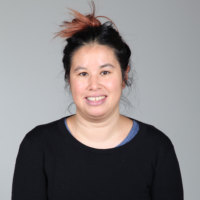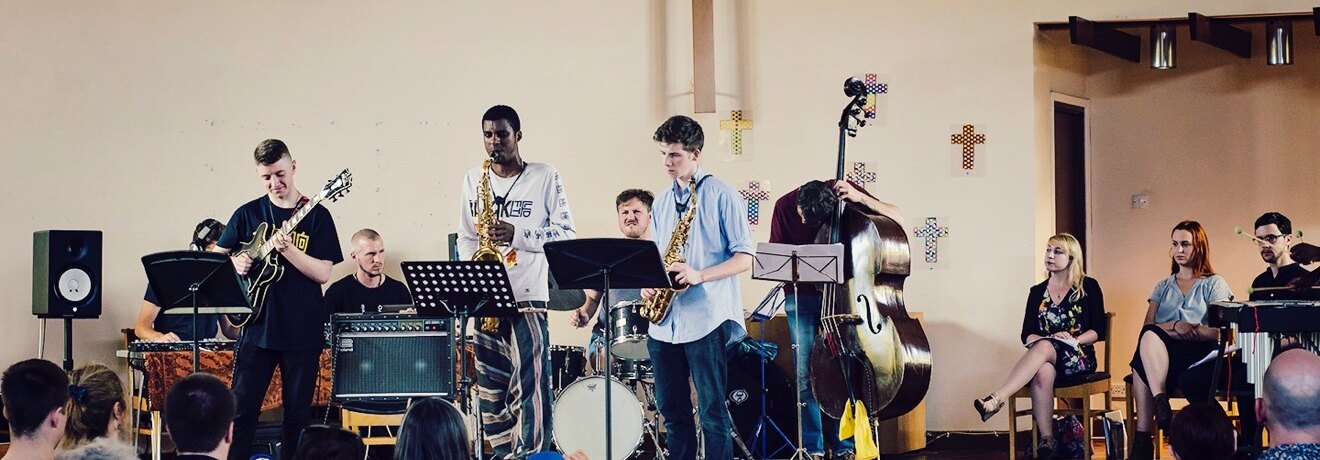
‘Collaboratively voicing a sense of place’ by Dr. Bobbie-Jane Gardner
This is a guest blog post in connection with Voice and Listening: Techniques for Political Life.
All voices are not equal. In my view, in the public realm there have always been stark inequalities when voices and ideas are shared, and this is especially the case when connected to race, power and gender. As we all know, in history, the voice of the victor has often reigned triumphant. However, with the proliferation of online spaces, especially social media, everyday people share their truths on much larger forums, but who is listening? Who listens for no other reason than to learn and hold space for the speaker to work through their ideas? It seems as though everyone is shouting for their slice of the bandwidth, for their few moments of online coverage to talk and assert their views.
As a composer, educator and producer, I decided to forgo a career in arts and culture after undergraduate studies because I felt I did not have a place in classical music to express my voice. At that time, I felt it was difficult to be myself without feeling discomfort from within and from others in those spaces. However, through my hobby as a funk DJ, I dared to return to the sector and retrained as a community arts practitioner. I also produced creative events and projects that provided platforms for voices and stories I wished to experience but could not find.
for-Wards, a citywide music programme, came about as a great way to use my musical skills and contribute to my local community and initially was a solo venture. I started out working independently, to compose forty short works through the lens of my perception of each of Birmingham’s forty electoral wards (since expanded to sixty-nine following a boundary review in 2018). During the developmental stages of for-Wards, I learned of Sufjan Stevens’ project The Fifty States (2003–2009), in which Stevens set out to compose an album for each state of the USA. The project was ultimately unsuccessful, with Stevens only releasing two of the projected fifty albums in six years before writing the project off. In an interview with Paste Magazine, he states, ‘The whole premise was such a joke […] I started to feel like I was becoming a cliché of myself.’ (Jacobs, 2009).
Keen to avoid the logistical and creative over-stretch that hampered Stevens’ project, I decided to establish a creative team to realise the project. As I critiqued my reasons for composing music about the city of Birmingham, I realised I was not qualified to be the voice of the entire city, having only lived in a handful of localities. I involved community groups from each ward in the compositional process, and used that process to establish some parameters for community composition projects more broadly. I later developed the idea of creating music collaboratively with 40 Birmingham communities representing each ward and a team of composers. In terms of concept and integrity, it became clear that the process had to be collaborative, that the voices of an intergenerational artistic team of Birmingham residents had to be included to capture the diversity of the city.
As iterations of the team developed, Harun Morrison, then joint artistic of Fierce Festival, described my approach to community composition as ‘hyperlocal’, a term borrowed from citizen media to describe news and community interest platforms that are concerned with events and stories within a specific geographic community. From the very earliest stages of my project, I have considered as central the concept of the hyperlocal, and associated questions about how this can be represented in compositional practice. for-Wards aimed to explore the formation of a compositional and curatorial methodology that intersects at the realms of socially engaged practice, community music and artist-led community based creative projects, via the notion of hyperlocal and site-specific working methods.
The main objective was to devise collaborative compositional methods that have both a high level of community engagement and result in new musical work where I devised an overall hyperlocal methodological framework. The intention was for the resulting music to demonstrate a sense of place, which I take as being community-specific, manifesting as music co-written with the community, about the community. The inclusion of what became 837 other voices and ideas in the compositional process brought about music and sonic responses that I would never have been able to conceive by myself. It enriched and transformed the project into something bigger, experimental and impactful. for-Wards strived to create something meaningful that engaged Birmingham residents to answer the questions: what happens when you listen to communities and share in the compositional process? What sounds will they capture from each locality? What do they wish to say about themselves and where they live? How does the music communicate this sense of place and community?
https://www.researchcatalogue.net/view/892460/892712
